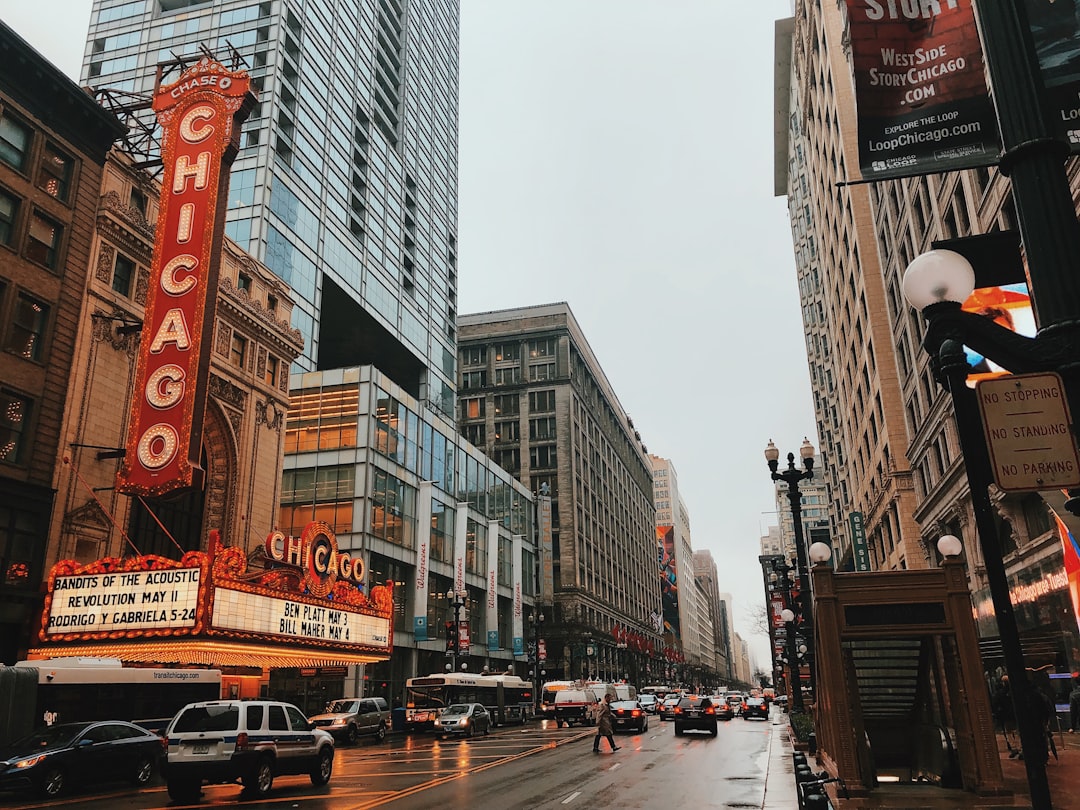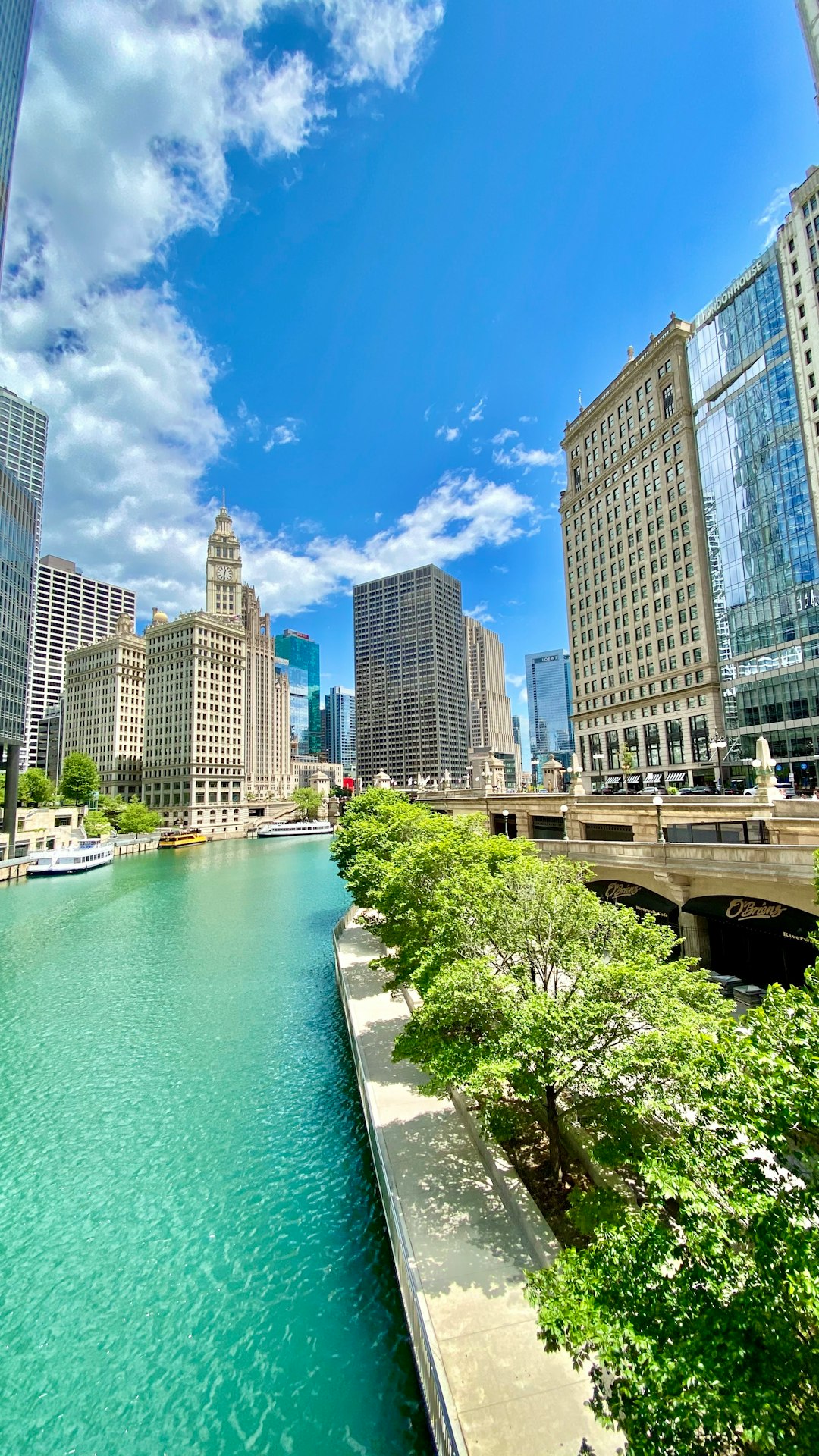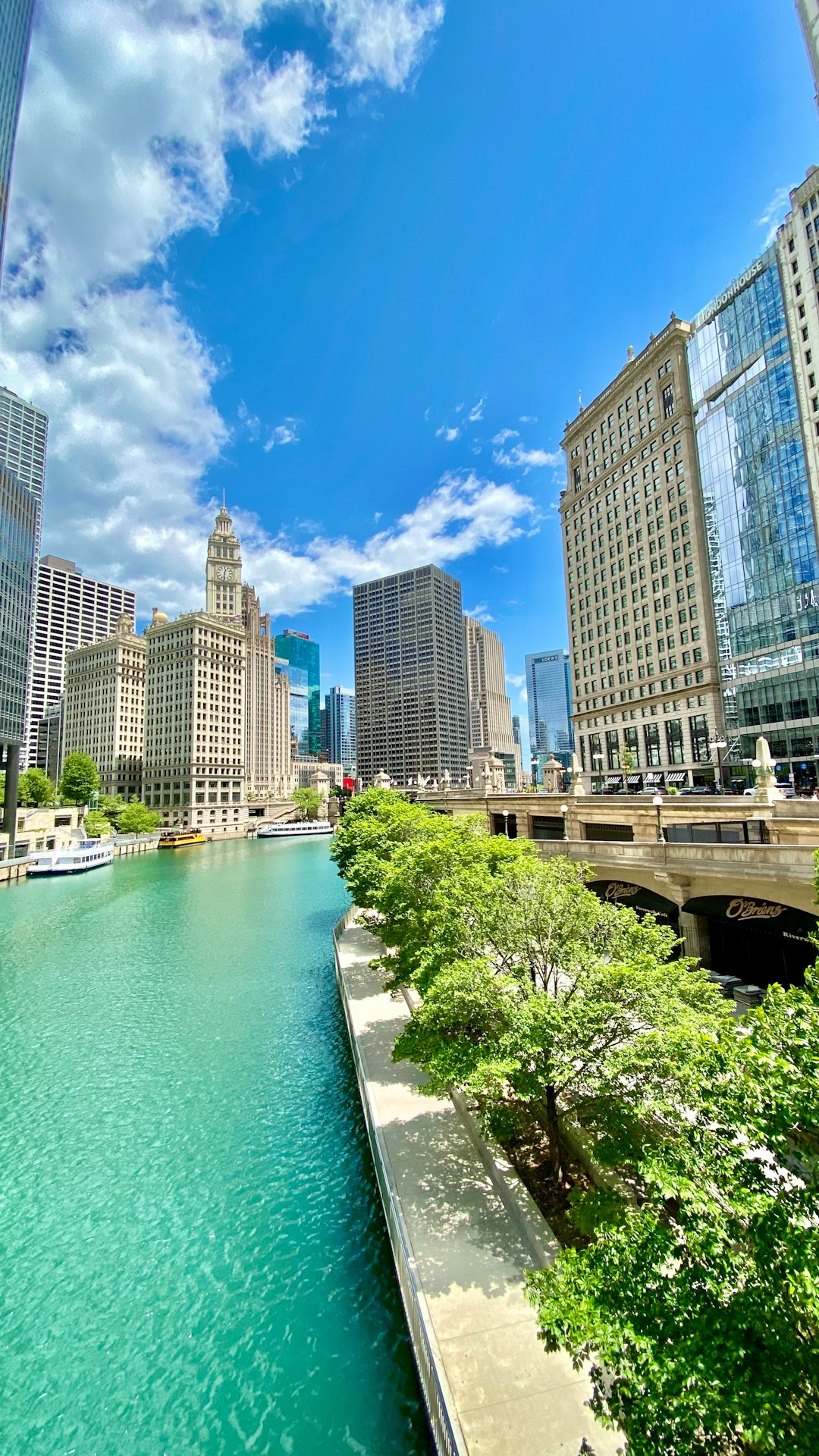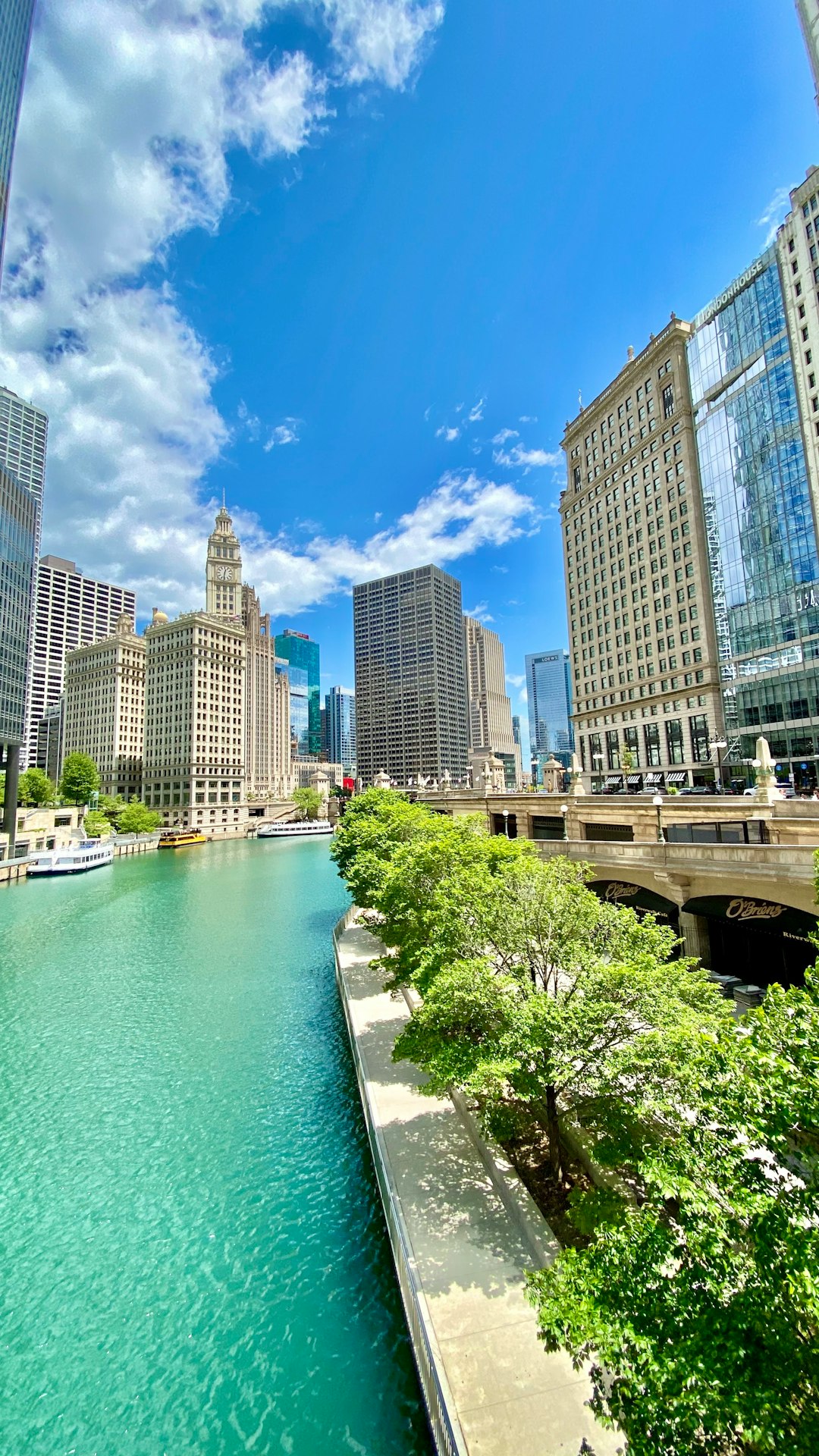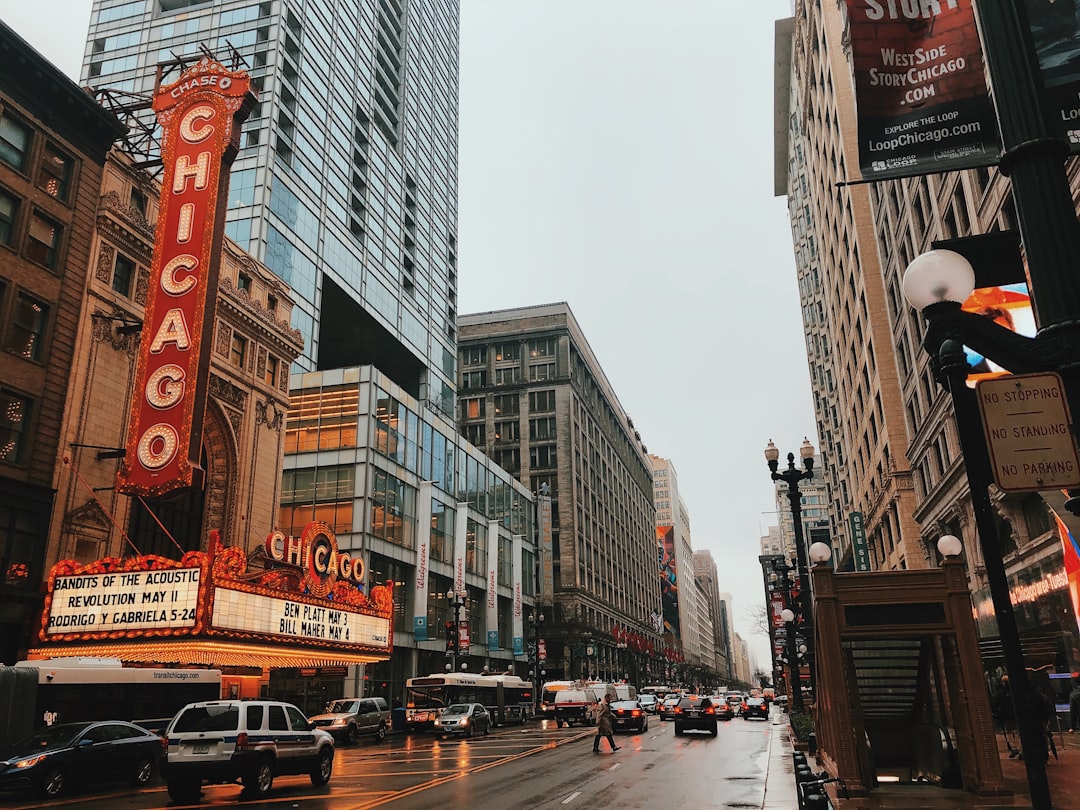In Illinois, clergy abuse laws protect victims of sexual and non-sexual misconduct by religious leaders. Specialized clergy abuse attorneys are crucial for survivors navigating legal systems, ensuring rights are protected and guiding them through civil lawsuits, reporting abuse, and working with law enforcement within strict time limits. These attorneys help achieve justice and accountability against both abusers and institutions. Choosing a reputable attorney specializing in clergy abuse cases is essential for a positive outcome.
In Illinois, awareness and action regarding clergy abuse have evolved significantly. This comprehensive guide explores the legal rights available to victims, with a focus on understanding the specific laws governing clergy abuse. We also delve into the crucial role of reputable clergy abuse attorneys in Illinois, providing support and justice for those affected. By examining these aspects, we aim to empower survivors and ensure they are well-informed about their options.
Understanding Clergy Abuse Laws in Illinois

In Illinois, clergy abuse laws are designed to protect individuals who have suffered harm as a result of sexual or non-sexual misconduct by religious leaders. These laws recognize that power dynamics within religious organizations can make it difficult for victims to come forward and seek justice. Therefore, they establish specific guidelines and legal rights for those affected by such abuse. Clergy abuse attorneys in Illinois play a crucial role in helping survivors navigate the complex legal system and ensuring their rights are protected.
If you or someone you know has experienced clergy abuse, understanding your legal options is essential. Clergy abuse attorneys can provide guidance on filing civil lawsuits, seeking compensation for damages, and holding accountable those who have committed such acts. They also assist in navigating the process of reporting abuse to the appropriate authorities and working with law enforcement to ensure justice is served. In Illinois, there are strict time limits for filing claims, making it vital to consult with a legal professional promptly.
The Legal Rights of Victims in Illinois
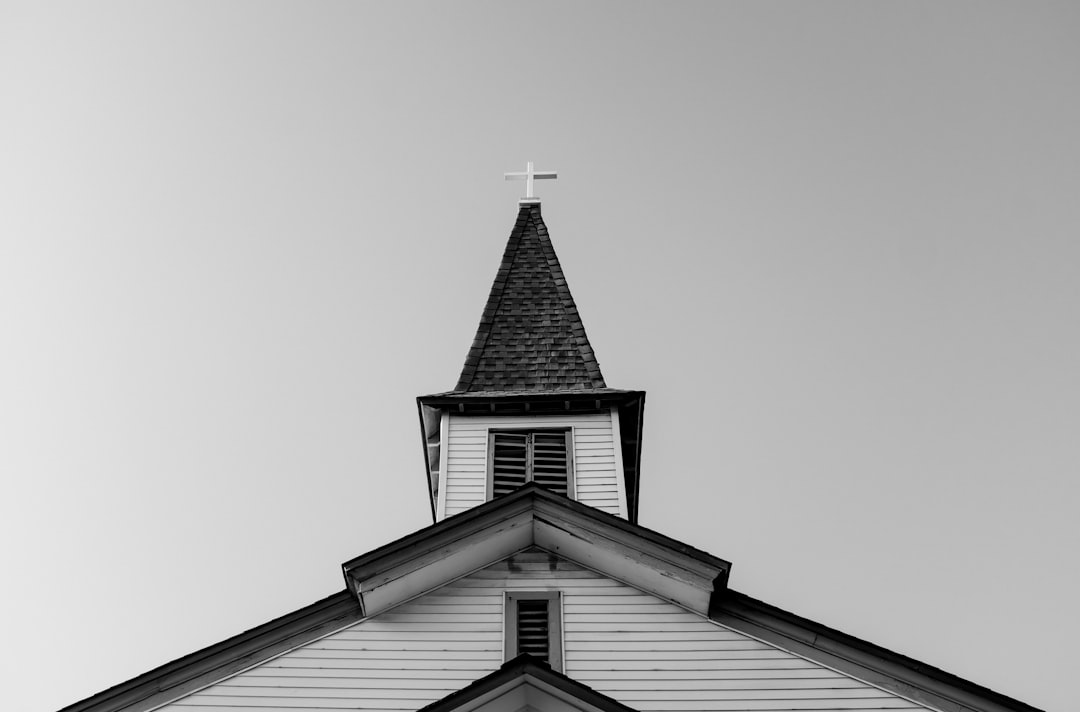
In Illinois, victims of clergy abuse have specific legal rights and protections available to them. If an individual has experienced sexual or physical harm at the hands of a religious leader or member of the clergy, they are entitled to seek justice and hold the perpetrators accountable. The first step is to report the abuse to local law enforcement or relevant authorities within the church or religious organization. Illinois law requires institutions to have policies in place for addressing and reporting such incidents, ensuring that victims feel supported and their concerns are taken seriously.
Victims can also consult with experienced clergy abuse attorneys in Illinois who specialize in these cases. These lawyers provide legal guidance, help navigate complex laws, and advocate for the rights of survivors. They can assist with civil lawsuits against the abuser and the institution, seeking compensation for damages incurred due to the abuse. Additionally, victims have options for criminal prosecution, allowing them to hold perpetrators accountable and ensure justice is served.
Finding Reputable Clergy Abuse Attorneys in IL

When dealing with the sensitive and complex issue of clergy abuse, it is crucial to seek legal counsel from experienced and reputable clergy abuse attorneys in Illinois. These professionals have the knowledge and expertise to navigate the unique challenges presented by such cases, ensuring that victims receive justice and accountability.
Finding the right attorney can make a significant difference in the outcome of your case. Look for lawyers who specialize in clergy abuse litigation, have a proven track record of success, and demonstrate empathy towards survivors. Reputable law firms dedicated to representing victims of clerical abuse will offer confidential consultations, allowing you to discuss your situation and determine the best course of legal action. They should be well-versed in Illinois laws pertaining to these matters and willing to advocate for your rights and interests.
